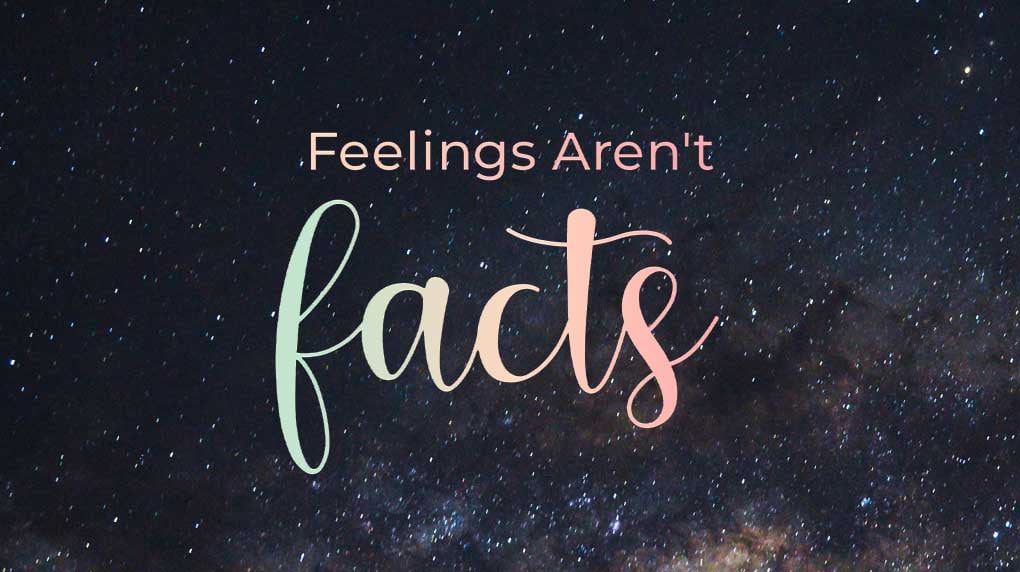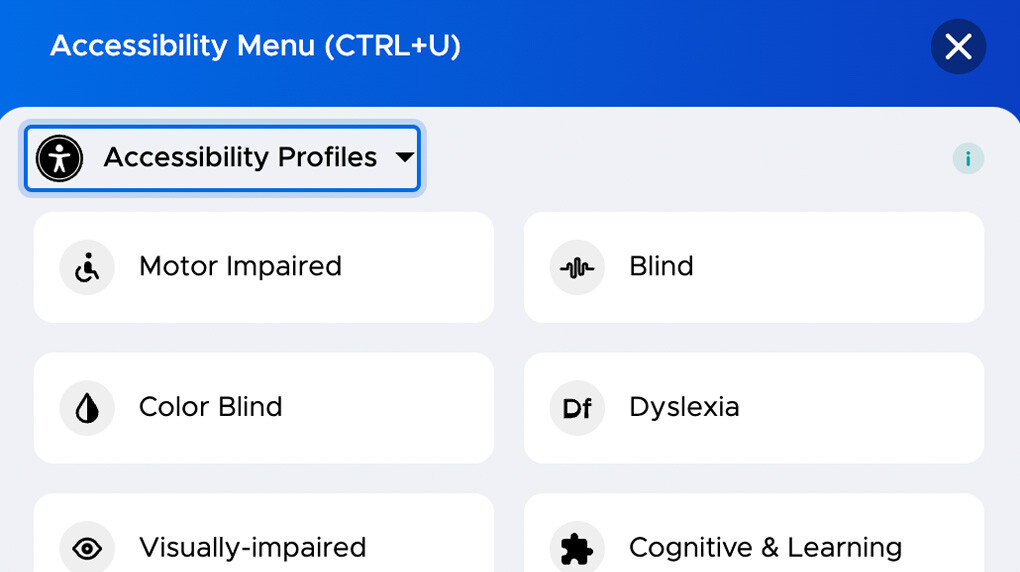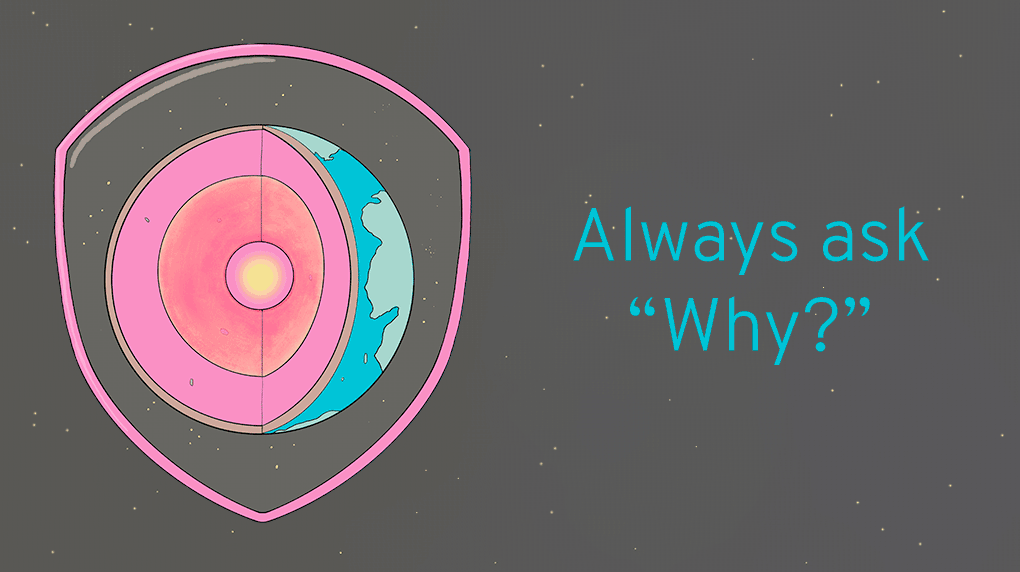So — you’ve shared the RFP or project brief for your new website. All the agencies you researched, and all the proposals they’ve prepared, are now in your inbox. The hard part’s over, right?
You might assume that choosing between prospective partners is like comparing … apples to apples! However, unless your RFP had extremely specific proposal submission requirements, you’ve probably wound up with a whole basket of fruit. Maybe an apple or two, sure. But you’ve also got a kiwi, a banana, one plastic apple — and one overripe papaya swarming with fruit flies.
There’s usually one sub-par proposal that can go directly in the bin. But how do you know which one it is? And how do you zero in on the best agency for the job of building your new site?
Segue: The task of assessing and comparing your proposals can be overwhelming.
Luckily, when it comes to website design and development projects, there are a few key things that help organize that basket of fruit into something comparable and quantifiable.
Once you do, you can confidently select the agency that best fits your needs.
Let’s start with a few assumptions to narrow the playing field.
First, let’s assume you’re not sifting through CMS options. If you haven’t yet made a decision about a CMS platform, here is a handy guide to selecting the right CMS for you.
For the purposes of this blog post, let’s also assume that you’re going with WordPress — or at least that you’re open to using it for your project. WordPress is the most widely used CMS on the internet (powering 43% of the entire web), for good reason. It’s open-source, it’s relatively easy to learn the backend, and there’s no chance it will become obsolete in the near future. WordPress also offers an unparalleled assortment of plugins to connect with all major 3rd party platforms, enhance security, or add virtually any widget, tool, or feature you can imagine to your website.
But let’s not get too hung up on the CMS or plugins. We have bigger fish to fry.
The elephant in the room when it comes to comparing proposals is cost.
It’s not uncommon to get a fivefold difference in cost between proposals. But what’s behind it? In order to make an informed assessment, you’ll need to know the underlying reasons for that variance.
As there are hundreds of ways to cut corners when it comes to website projects, it’s not surprising that some agencies do whatever they can to keep the costs down. They want to be profitable, while still technically checking all the requirements boxes from your brief.
But at what expense?

It’s now your job to figure out what lies beneath the costs. The purpose of this blog post is to help you ask the right questions — and understand what the agency isn’t saying in their proposal. In other words, what are the risks of choosing an agency with a smaller price tag? What are you not getting, and how will that affect the project?
To add a second analogy to the mix, choosing an agency is a lot like buying a car. You can get a used lemon from Autotrader. Hopefully, it runs. It might even get you from point A to point B for a period of time. But what’s the risk?
You might need a new battery or new spark plugs. Maybe the brakes are shot, or nobody makes compatible parts anymore, or the engine might fall right out. It could get stolen, it’s ugly, and people will probably laugh at you.
The risks are similar with website projects.
9048.jpg)
Everyone wants the following from their site:
For the most part, all of your proposals contain these items — in one form or another. But will every proposal give them the same amount of attention?
The first thing to make sure of before you compare proposals is that all agencies have provided a breakdown of costs for each activity, phase, or deliverable. One blanket price for the project doesn’t give you clarity — and it’s important to know exactly where your money is being spent.
Some agencies even provide transparency around hours by role or by deliverable. They may even have different billing rates for different roles. This helps you understand how they’re prioritizing your different goals and whether any parts of the project are getting shortchanged.

The more clarity, the better. You want to ensure each agency has put time and effort into their scoping and planning, and that they’re not just guessing at the cost in order to pump out a larger volume of proposals.
If the pricing doesn’t provide enough detail, ask for it. If the agency doesn’t want to provide details, throw the proposal in the bin and make your life easier.
Once you have a transparent breakdown of costs, it’s time to dig deeper into some of the factors you might not have considered. This is the stuff under the hood, so to speak.
It will help you identify what corners are being cut, and where.
To better understand what each proposal offers, and what it’s missing, let’s look at six specific areas:
This might seem irrelevant, but it’s one of the most important areas to consider.
Agencies offering a lower price tag for your project likely don’t have in-house developers. They probably use contractors, or they outsource the development to another continent. And if they’re doing that regularly, they’re certainly not telling you about it in their proposal.
So ask. What kind of expertise do you have in-house?
It’s helpful to see a full breakdown of their team, by role, and have the agency confirm if they’re all full-time employees.
6ee5.jpg)
A few reasons. First, contract developers cost much less per hour than Canadian developers who are full-time employees. But there are many downsides that come with the lower pricetag. Contractor developers or offshore developers may be stealing code from someone else, they may be inexperienced with integrations or any of the custom API calls that need to be written for your project. They may be using pre-built themes, or they may not care about the security or efficiency of the code being used for your site.
In other words, the agency really has no control over the quality of the work when they’re using a developer they don’t directly manage. That can make for a lot of frustration for Future You. When the website’s code breaks shortly after launch, how are you going to address it?
If you want a website product that has integrity, you need to hire an agency that has in-house developers. You’ll get access to actual people you trust, who will stand by the integrity of the website code for years to come. An in-house developer cares about the quality of their product over time — their career depends on it. Contractor developers don’t care — they get paid either way. They’re actually incentivized to cut corners and pump out projects as fast as possible.
And while this is most true for developers, it’s true for other specialists, too. UX, UI designers, SEO strategists — ask the agency to confirm their team is fully in-house and save yourself headaches in the future.
How much has each agency emphasized the need to understand your target audience’s behavior?
Have they included time to interview or survey your customers? Does their process facilitate the utilization of analytics data, heatmaps, reviews, or market research to validate the needs, wants, goals, and behaviors of the people who will be using the website?
If not, it means they’re making assumptions about your audience, based solely on what you’ve told them.

Now, you might be saying, “We know our audience and we know what they want.”
You might be right. But in our experience, you’re likely only partially right.
You probably have a general idea of what your audience wants and thinks and needs. But your opinion is subjective. It’s skewed by the fact that you’re internal, and your website users are mostly external. If you want to ensure the structure and user journeys of the new website actually fit how your audience will intuitively approach it, you need to validate your plan with data and rationale. This helps remove the subjectivity of your bias.
Yes, this can add a decent chunk to the project's price tag. But cutting costs here is not worth the risk of ending up with a website that only partially addresses your audience’s needs — or misses the mark entirely.
If personas, audience analysis, analytics, heat mapping, or even customer surveys/interviews aren't included in the proposal, you’re taking a risk to save a bit of money. And their approach isn’t clearly stated in the proposal, ask the agency: “How are you determining the structure of the website? Planning the user journeys throughout the site? How will you ensure the information architecture accurately addresses the needs of the website users?”
If the agency rushes into sitemapping and wireframes based on a structure that you’ve told them you need, you’re missing a huge opportunity.
Ultimately, the website needs to be built for your audience, not for you.
Does the proposal outline any workshops with stakeholders?
If not, let me paint a picture for you:
It’s month seven of the website project. That’s already two months longer than the agency told you it would take (for reasons on both sides), but everything is finally coming together. The site is mostly built, the content is being populated, and your director of marketing is showing it to senior leadership for the first time. This is the point in the project when senior leadership does what senior leadership always does — they make their voices heard. The VP of Sales says the messaging isn’t strong enough. The HR Director says the careers posts are buried too deep. And, worst of all, the President doesn’t think the design adequately captures your brand’s new direction.
This is devastating for you, for the agency, and for your relationship. You either have to accept something that isn’t really working, or go back to the drawing board — which means more $$$ for the agency!

This scenario could have been avoided if those senior stakeholders had been engaged from the start of the project.
This ensures their voices and opinions are heard and helps them build trust with the agency. Ultimately, if senior leadership doesn’t trust the agency to know what they’re doing, they’ll hesitate to buy into any version of the site. They’ll provide more and more subjective feedback until the agency either gives up, surrenders, or pushes out a product that nobody on either side is happy with.
This scenario happens far more often than you might think. As an account executive who has spoken with hundreds of people who have overseen previous website projects, I cannot overstate the importance of engaging all senior stakeholders from the very start.
So make sure there is time clearly written into the proposal to meaningfully engage with all stakeholders. It’s better to have an experienced agency facilitate differences of opinion throughout the project so the responsibility doesn’t land on your shoulders. If the proposal doesn’t specifically list a plan for engagement, ask them how they will address differing opinions from senior leadership.
One final point here. A smaller agency with less experience will likely try to avoid large stakeholder groups, opting instead to rush a project through and sidestep the consequences of disappointing the louder voices at the top of the organization.
These agencies aren’t interested in longer-term partnerships. They likely want to get the project done, make a profit, and walk away. I’m guessing that’s not the kind of relationship you’re looking for.
But it does lead to our next criteria for evaluating a proposal:
Has the agency outlined a robust long-term security and support plan in their proposal?
Yes, your team will need to perform content updates, build out new pages, and adjust imagery over time. But unless you have an in-house development team fully versed in WordPress core updates, security updates, uptime monitoring, and managing server resources, it’s best to have an agency that stands by its work and can support the site long into the future.
Unless you specifically requested that the cost for long-term support be included in the total project fee, keep in mind that it’s most likely an additional cost. Regardless, you want to partner with an agency that has a plan for long-term support — and has long-term relationships with their clients.

If it’s not included in the proposal, ask them about it. Even if you don’t have plans to continue using that agency after launch, their willingness to support the site long-term is a testament to the integrity of the product they’re proposing.
Let me say that again. The agency’s willingness to support the site long-term is a testament to the integrity of the product they’re proposing.
There’s an important caveat here. Some agencies will hold you hostage by using platforms or systems that are totally proprietary. They’ll require monthly service fees or support that no other agency is able to provide. So make sure nothing the agency is proposing is proprietary. However positive your relationship, it should be super easy and free to part ways with them in the future.
You can always ask them about their offboarding process to make sure they’re not secretly planning to hold you hostage. Offboarding a website from an agency should be as simple as:
Asking about offboarding may seem like a bad way to start off a potential partnership — but it can help build trust and transparency on both sides right from the beginning.
Accessibility is a hot topic lately.
In Canada, for example, all websites should currently adhere to the Web Content Accessibility Guidelines (WCAG) 2.2 to ensure that learning and developmentally challenged users can use the website without barriers. Fail to meet these standards and you risk alienating a big part of your audience.
Does the agency specifically state that their websites adhere to these standards? If not, ask.
Website accessibility isn’t just about code or how the site is designed.

Every step of the process has accessibility considerations, from the navigational structure to the content, images, and even SEO. It’s no longer just best practice, it’s Canadian law. So if the agency doesn’t include a description of their accessibility practices, make sure to ask them.
Consider this: if an agency is behind the times when it comes to accessibility, chances are they’re also lagging on other critical elements under the hood. It can be hard to tell if an agency is “stuck in their ways” and behind the times — in terms of best practices and the latest technologies — based solely on the quality and content of their proposal. Asking them about their accessibility practices is a good litmus test to see where their other processes land on the best practices curve.
Asking them about their accessibility practices is a good litmus test for evaluating their overall position on the best practices curve.
The final consideration I’ll leave you with today is a notoriously unclear and poorly defined agency term: strategy.
Most agencies will say that they have a strategy, are strategic, or include project strategy in their process. The truth is, most do not.
Let me help define strategy in this way: strategy isn’t just about what to do, it’s about how, and why.

This comes back to data and rationale. It comes back to having a completely in-house team to ensure the integrity of development. Most importantly, strategy means an agency knows when to push back on the client if something is unclear, unnecessary, or subjective. A strategic agency will know when to challenge you to produce better results for your business.
Strategy is also an extremely challenging thing to qualify in a website proposal.
The reality is that every web project will run into hurdles, changing requirements, changing personnel (probably on both sides), and plenty of subjective opinions.
While it’s tempting to go with an agency that will work with a smaller budget, by nature of their size and experience, they’ll be less strategic. For your own peace of mind, ask the agency what strategy means to them. Ask them if you’ll have a strategist on the project who can make sure all the pieces work together. Ask them how they will mitigate the inevitable risks to your project: timeline and budget, new or changing requirements, security risks, etc.
And I’m not just talking about a project manager — that’s an absolute must.
I’m talking about having someone on the project who can wrangle the stakeholders, balance your organization's objectives with the needs of your target audiences, and balance the total project budget with new requirements and the “unknown unknowns” that inevitably arise on the way to (and after) launch.
The risk of not having a clearly defined strategy (or strategist) on the project will have the biggest effect on two areas: budget and timeline. Without a proper strategy, the timeline will drag, or the budget will balloon, with the agency labeling anything and everything as “scope creep”. Or both.
One way to think about strategy is as an extra set of guardrails on the project.
Website projects are known for going off the rails. If you haven’t experienced this yet, consider yourself lucky. An agency with a strategic approach, well-defined project methodology, and plenty of strategic oversight gives you extra guardrails that help ensure your website project is successful — even when challenges arise.
We’ve hopefully given you some useful tools to help evaluate your next mystery basket of proposals.
35a4.jpg)
Remember, when you’re trying to make sense of them, start by asking more questions. Think about what’s not in the proposal, and think about how much risk you’re willing to take on by choosing an agency that might be cutting corners to offer a more competitive cost.
The more clarity you have, the more you understand what kind of proposals you have in your basket, and the more guardrails you put in place, the more successful the project will be.
The more often that happens, the better you’ll look at the end.
For support with your next website project, reach out, and we'll be happy to answer your questions.
It's much more fun to be interested than interesting.
Receive exclusive action-focused content and the latest marketing insights.